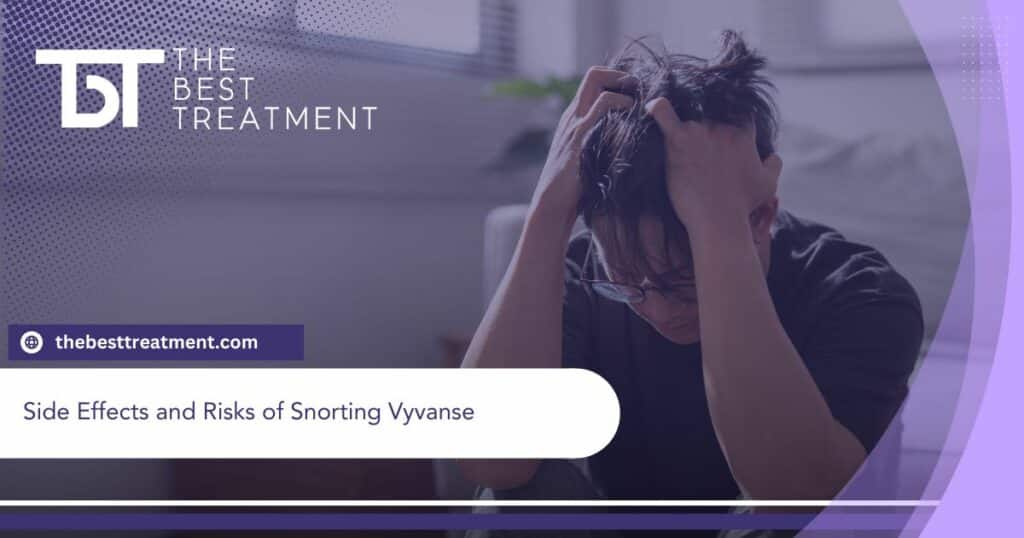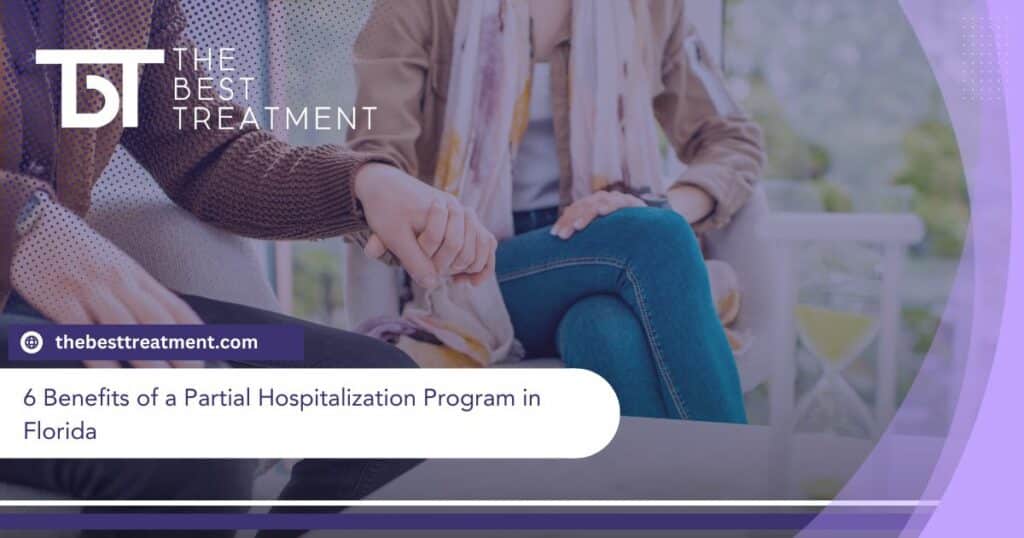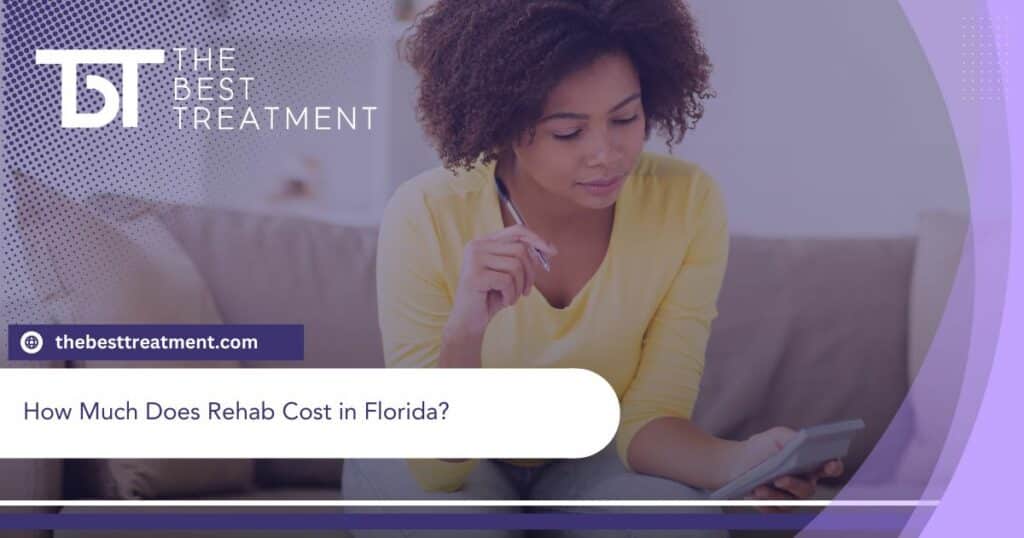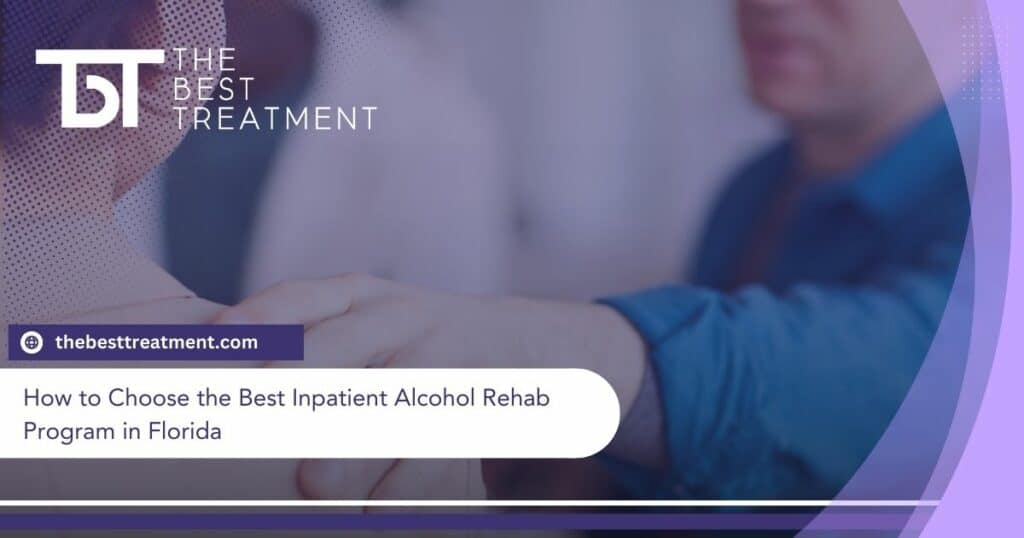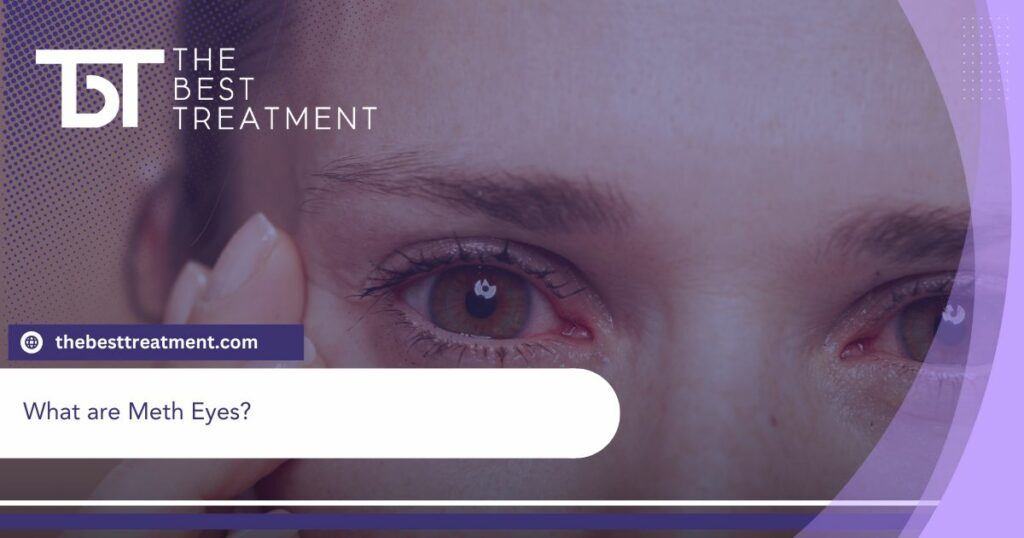Table of Contents
According to the U.S. Department of Health and Human Services (HHS), 46.3 million people met the criteria for a substance use disorder in 2021.[1]
Addiction is a chronic and progressive disease that must be treated with a variety of supportive services, such as medical detox, individual therapy, group counseling, and relapse prevention planning. Sometimes, people recovering from addiction need a little extra assistance in dealing with physical symptoms like withdrawal and cravings. As a result, medication-assisted treatment (MAT) was created.
Medication-assisted treatment (MAT) programs in Florida combine traditional addiction treatment methods with the use of FDA-approved medications that limit withdrawal symptoms and prevent cravings. This allows clients to fully focus on other recovery areas, such as individual and group counseling.
What is Medication-Assisted Treatment (MAT)?
Medication-assisted treatment (MAT) is a type of addiction recovery program that is usually intended for people struggling with opioid use disorder or alcoholism.
MAT programs combine traditional addiction treatment methods like detox and therapy with the use of FDA-approved medications. These medications are used to lessen withdrawal symptoms and control cravings that often trigger relapses during early recovery.
According to the Substance Abuse and Mental Health Services Administration (SAMHSA), MAT programs provide the following benefits:[2]
- Improved patient survival
- Increased retention in treatment
- Decreases illicit opiate use and other criminal activity among people with substance use disorders
- Increases patients’ ability to gain and maintain employment
- Improved birth outcomes among women who have substance use disorders and are pregnant
While there has been controversy surrounding MAT programs, the idea that using medications to recover is “trading one addiction for another” is simply untrue. The medications are given at doses that do not produce mind-altering effects, ensuring that clients only receive the relief they need from withdrawal symptoms and cravings.
What to Expect During MAT in Florida
Medication-assisted treatment is thought to provide a whole-person approach to addiction treatment. During MAT programs, you will receive a variety of services including an initial assessment, medically assisted detox services, individual therapy, group counseling, and medication management.
Intake and Assessment
When you arrive at a MAT program in Florida you will begin the intake and assessment process. During intake, you will sign release forms and provide information required to begin treatment, such as your insurance policy, emergency contacts, and more.
Another important part of intake is the initial assessment. The medical staff will gather information about your physical and mental health as well as your substance abuse history. This information will then be used to create an individualized treatment plan.
Medically-Assisted Detox
Once your intake process has been completed, you will transition into medically assisted detox. Medically assisted detox simply means your withdrawal symptoms will be managed using medications.
For example, if you are attending a MAT program in Florida for opioid use disorder, you may be given Suboxone, methadone, Lucemyra, or clonidine to manage your withdrawal symptoms. The specific medication you are given will depend on your needs and the severity of your withdrawal symptoms.
Group and Individual Therapy
After you complete detox, you will begin partaking in group counseling and one-on-one therapy. Since medications cannot cure addiction, this aspect of MAT programs in Florida is incredibly important.
Therapy and counseling can help you identify the root causes of your addiction, learn how to identify triggers for relapse, and provide you with the healthy coping mechanisms you need to maintain long-term sobriety.
Medication Management
Depending on your needs, you may continue to take medications throughout your recovery journey. For example, people suffering from opioid use disorder might take Suboxone or methadone longer than detox to ensure that they do not relapse due to cravings or urges to abuse drugs.
On the other hand, people suffering from alcoholism might be given acamprosate, disulfiram, or naltrexone to ensure that they do not experience cravings. Some of these medications also prevent relapses by causing alcohol consumption to result in adverse effects.
Exactly how long you stay on these medications will depend on your progress during treatment. If your doctor believes you are ready to tackle sobriety without them, you will be slowly tapered off of your medication. However, many people choose to remain on MAT medications long-term.
Aftercare Support
Recovery doesn’t end when a MAT program does. As a result, before leaving rehab you’ll work with your counselor to develop an aftercare plan. Aftercare in a medication-assisted treatment (MAT) program is the ongoing support that follows the completion of the primary treatment phase. It involves continued access to necessary medications, regular counseling sessions, and strategies to manage triggers that could lead to a relapse into drug use. This ongoing support is essential in helping individuals maintain their progress and live a life free from dependence on drugs, even after they’ve completed the main part of their treatment.
Find Out if Medication-Assisted Treatment (MAT) in Florida is Right for You
If you or a loved one suffers from opioid addiction or alcoholism, MAT programs in Florida might be right for you. By combining evidence-based therapies with FDA-approved medications, MAT programs can increase your likelihood of achieving long-lasting sobriety.
If you or a loved one are struggling with addiction and are ready to begin your recovery or would like to learn more about your treatment options, please contact us today.
References:
- The U.S. Department of Health and Human Services (HHS): SAMHSA Announces National Survey on Drug Use and Health (NSDUH) Results Detailing Mental Illness and Substance Use Levels in 2021, Retrieved December 2023 From https://www.hhs.gov/about/news/2023/01/04/samhsa-announces-national-survey-drug-use-health-results-detailing-mental-illness-substance-use-levels-2021.html
- The Substance Abuse and Mental Health Services Administration (SAMHSA): Medications for Substance Use Disorder, Retrieved December 2023 From https://www.samhsa.gov/medications-substance-use-disorders
Medically Reviewed: September 25, 2019

All of the information on this page has been reviewed and verified by a certified addiction professional.





